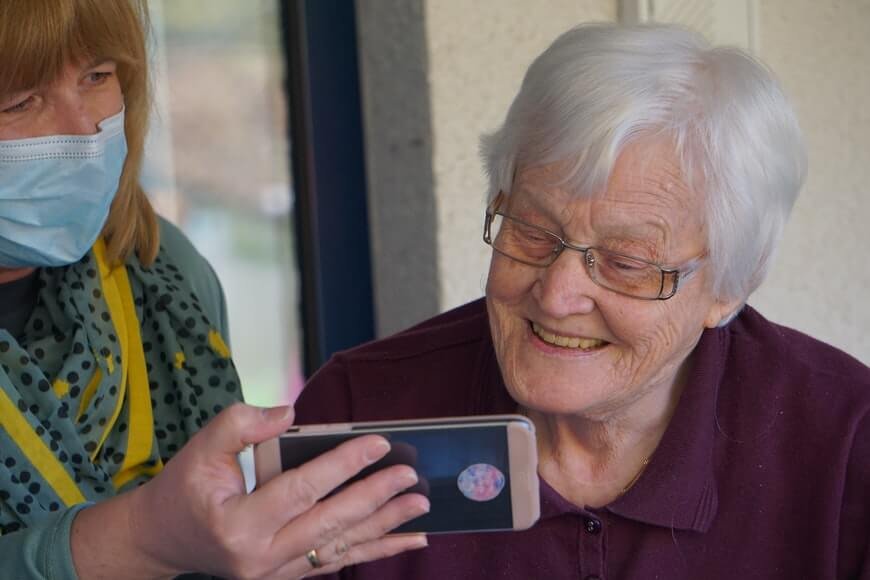When you were a child, your parents took care of you and provided you with the affection and the material things you need. Growing up, you may have looked up to your parents as strong and wise. They’re invincible in your eyes. Nothing wrong could happen to them. All that except the one inevitable thing: aging.
Once your parents reach the elderly phase, the tables will turn. Now it’s your parents who’ll need you to be there for them. Whether you live with them, nearby, or you’re far apart, there are so many ways you can show your love and care for them. One of these is by preparing your parents for emergencies, especially when you aren’t around.
Check out this guide to know about things you need to equip your parents for any medical emergency.
- Learn About How T-CPR Works
T-CPR is the short-term code for telecommunicator cardiopulmonary resuscitation. This refers to the critical response team that significantly improves the chances of survival during a cardiac arrest. Therefore, it’s safe to say that T-CPR can often make that big difference between life and death.
Technology is supposed to be an advantage nowadays. Some elderly, however, can be technologically challenged. So, it’s on you to equip your parents with information on how T-CPR works. That way, should the need for it arises, they know whom to call for help without wasting any time.
- Research Housing And Care Options
This second tip applies when your elderly parent is in that phase of their life where it may not be safe for them to be living alone anymore. This shouldn’t be a problem when both parents are still living, and they’re present to help each other out. However, when only one parent is surviving at the moment, then you may have to start thinking about care and housing options.
This doesn’t necessarily mean moving your parent to an elderly housing facility. If they want to stay at home, you can also sign up for an assisted living arrangement or in-house care. If you have siblings, this is a discussion that should involve family conversation. Getting the entire family on board assures you’re making the best decision for your parents’ care.
- Schedule Regular Doctor’s Visits
Even when your elderly parent is still in a good state of health that doesn’t call for regular doctor’s visits, it’s still best to schedule this. This is a good habit, so you can have a proactive approach to ensuring good health. Most of all, doctors are the best professionals to give tips and insights on what to do during a medical emergency.
If you want to play a more active role during those medical checkups, schedule doctor’s visits when you and any of your siblings are in town. This keeps you updated with your parent’s current health state, while also ensuring that they attend every doctor’s appointment.
- Organize Important Documents
Keep all of your parents’ important documents in one place. Should an emergency arise, they don’t have to fumble through other documents to find what they’re looking for. So, take the time to go through each document together and organize everything.
The important documents you’ll have to include are as follows:
- Birth certificate
- Address book
- A living will or advanced care plan
- Estate plan or will
- Power of attorney
- Doctors’ names and phone numbers
- Passports and other identification cards
- Social security number and other health insurance documents
Once those are all organized and in one place, let your parents know where you’ve kept them, too. Make sure those are safe and secure, and that they can be found easily during an emergency.
- Create A Contact List
Another important thing you have to prepare is what’s known as a contact list. This should include the contact information of you and your siblings, or any other relatives who live nearby. The contact list should also have the numbers of emergency medical services, paramedics, the local police, fire station, among others.
Print out that list in bold and big letters. Then, post it in various areas of your parents’ home. Have one by the fridge or kitchen, dining area, and one by their bedside. Save those numbers on their mobile phones as well.
During an emergency, you’ll often only have minutes to respond. These are crucial minutes that matter, so ensure that you and your family are ready all the time.
Conclusion
Adults have to deal with family responsibilities, and these include taking care of their elderly parents. With the elderly, preparing them for any medical emergencies, even when you aren’t around, could be a scary task. If you see yourself in that situation now, the tips mentioned here should provide you with enough insights. It’s like giving your parents the gift of security during medical emergencies and a higher chance of survival in life.

